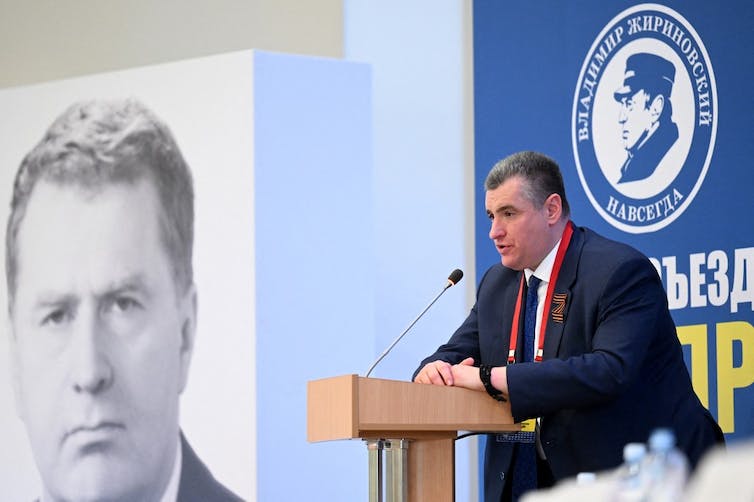Ever since Russia invaded Ukraine on February 24 this year, the Kremlin has sought by every means to minimise the reality of war. The description of the invasion as a “special operation” and persecution of anyone who dared call it by any other name is intended to underline the supposedly temporary and limited nature of the armed conflict. It seeks to blur the boundary between war and peace. This principle continued in Vladimir Putin’s speech on September 21, in which he announced a “partial mobilisation”.
But Ukraine’s fierce resistance has turned the tables. While some Russians have opposed the attack on Ukraine from the outset and publicly protested against the mobilisation that has just been declared, others, on the far right, feel that Russia is holding back too much and are increasingly calling for total mobilisation, the carpet-bombing of Ukrainian cities, and even the use of nuclear weapons.
Understanding who these ultranationalists are and what they stand for is essential if were are to decipher the Kremlin’s war strategy.
The men behind Russia’s far right
Although almost no one in Russia openly claims to be “far right”, there is nevertheless a “heterogeneous coalition” on the right of Vladimir Putin’s regime comprising orthodox fundamentalists, various shades of opposition nationalists (ranging from “national-democrats” to neo-Nazis), so-called “patriotic” militias, military bloggers (milbloggers) and Donbas veterans. The latter’s figurehead, Igor Girkin, also known as Strelkov (“shooter”), briefly served as “minister of defence” of the self-proclaimed Donetsk People’s Republic in 2014.
Read more:
Ukraine war: Putin announces annexation of four regions, but his hold on them may be flimsy
This political fringe has no parliamentary representation. Vladimir Zhirinovsky’s (1946-2022) misnamed Liberal Democratic Party (LDPR) was undoubtedly ultranationalist in the 1990s but was later incorporated, alongside the Communist Party, into the puppet, “systemic” opposition.
Leonid Slutski has succeeded Vladimir Zhirinovsky as head of the LDPR. A deputy in the Russian Duma since 2000, he currently chairs the foreign affairs committee and has almost always supported Vladimir Putin’s policy.
Natalia Kolesnikova/AFP
The Kremlin has also banned many far right-wing movements it considered dangerous or violent on the grounds of “extremism” and denied permission to nationalist opposition parties to formally register.
However, the regime tolerates, if not encourages, the presence of these movements’ spokespersons in the Russian media on the condition they are loyal to it. With the exception of a handful of figures opposed to the war, Russia’s far right variously commended it for restoring Russia’s greatness, emancipating it from the West (and its allegedly decadent…
La suite est à lire sur: theconversation.com
Auteur: Jules Sergei Fediunin, Post-doctorant au Centre d’études sociologiques et politiques Raymond Aron (EHESS), Docteur en science politique associé au Centre de recherche Europes-Eurasie (CREE) de l’INALCO, Institut national des langues et civilisations orientales (Inalco)

